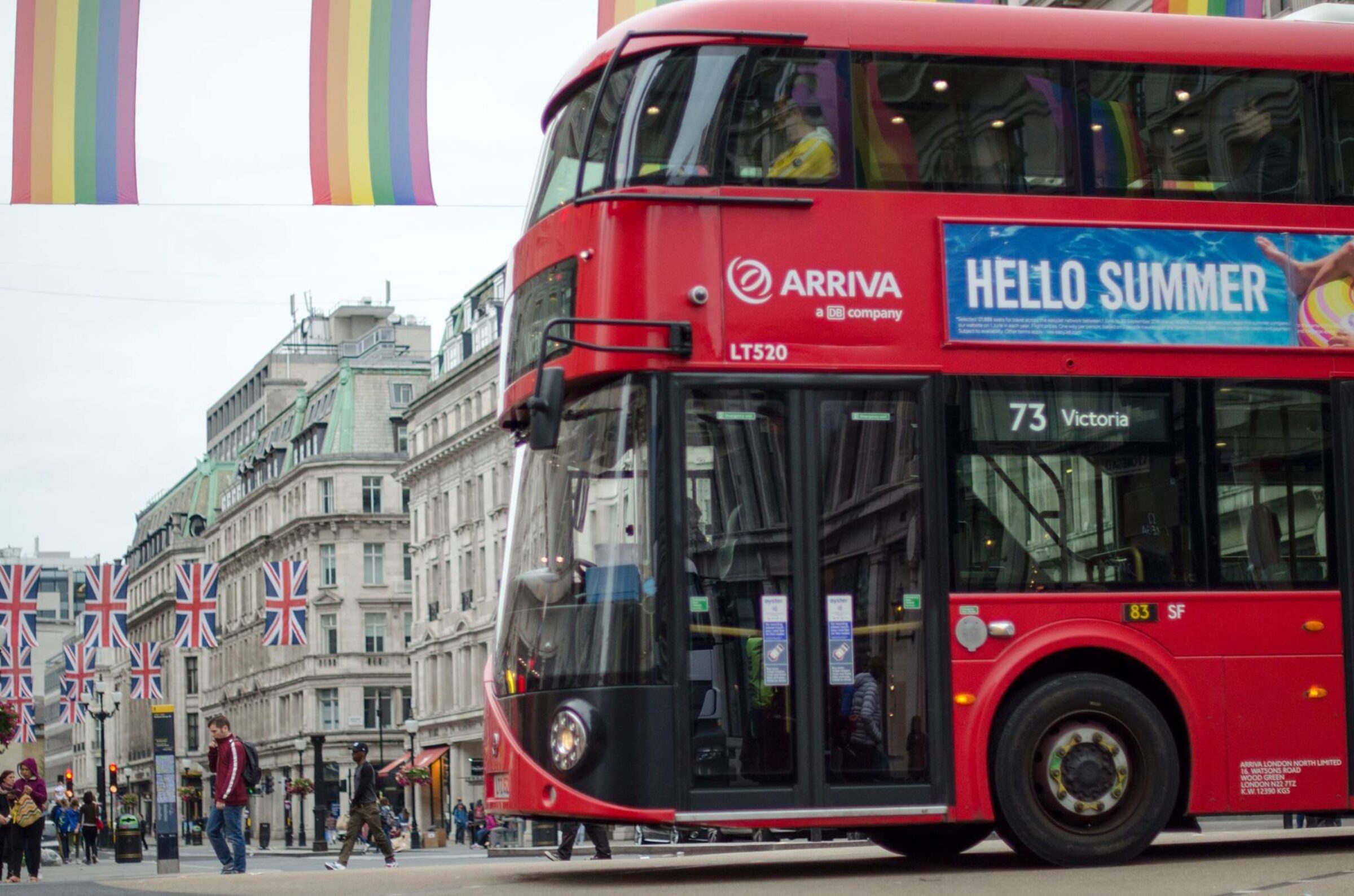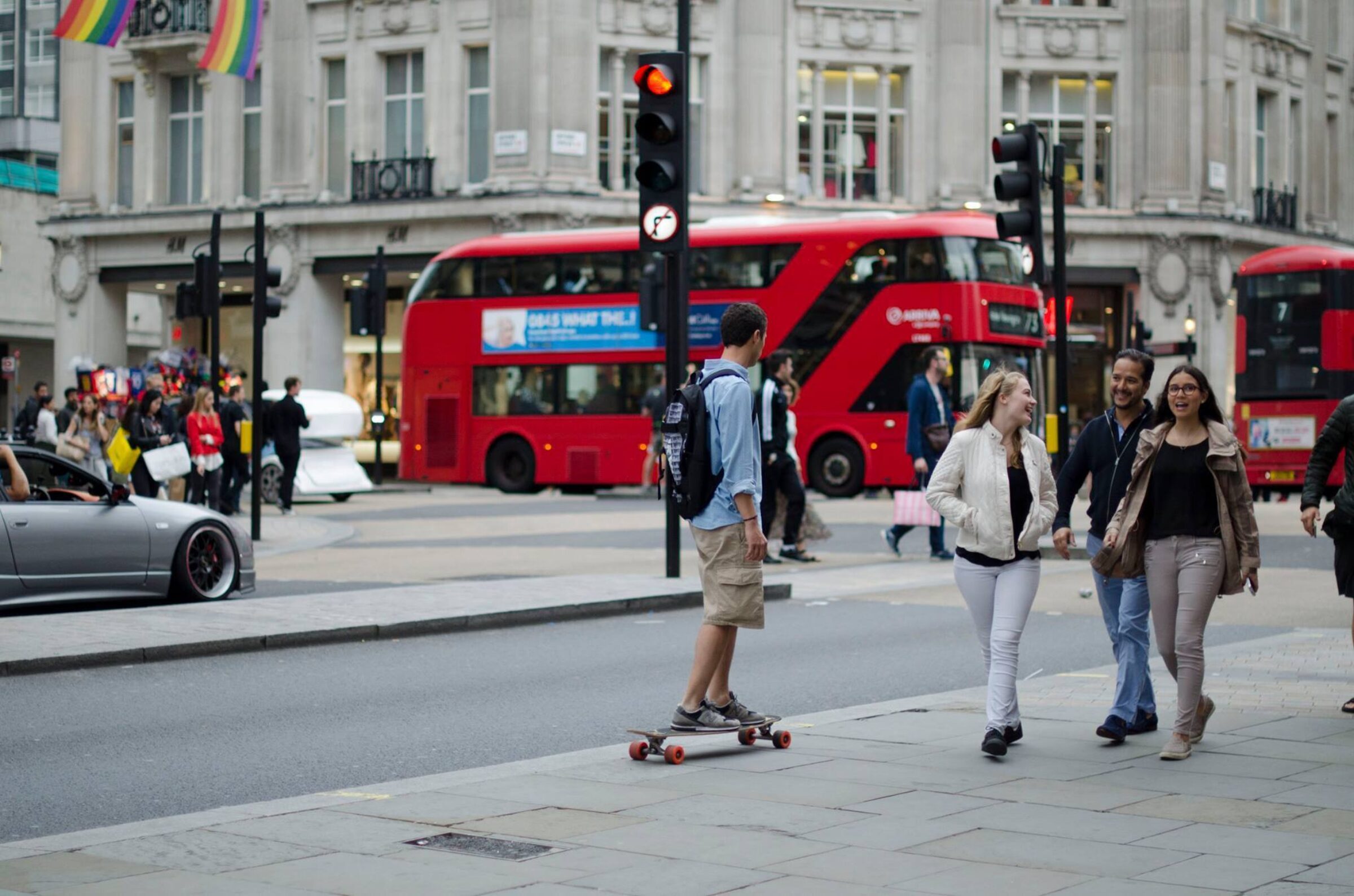Conditionals in English

by John Morgan (Teacher of ABC School of English)
We think of there as being five conditionals in English. The zero conditional, 1st conditional, 2nd conditional, 3rd conditional and typically two mixed conditional forms.
The zero conditional expresses the idea that if something happens then something happens. Both clauses use the present tense of the verb. For example, “If I eat chocolate, I feel ill.”
The 1st conditional communicates the idea that something is a real possibility in the future. The “if” clause uses the present tense of the verb and the “will” clauses use a future form. For example, “If I go out tonight, I will go to a bar.”
The 2nd conditional expresses a supposition, that’s what we would do in an imagined situation. There is no action in real time. The “if” clause takes a subjective of the verb. In English, verbs do not have a subjective form (except for “be”) and so a past tense of the verb is used. For example, “If I had a million pounds, I would travel around the world.”
The 3rd conditional imagines the past different from the way it was and the consequences different from the way they were. This form is often used to express criticism or regret. For example, (a father to his daughter) “If you had studied harder, you would have passed your exams. The daughter did not, in fact, study hard and did not pass her exams.
In mixed conditionals, we can imagine the present different from the way it is and, therefore, the past different from the way it was. For example, “If I were a lifeguard, I would have saved him.” The speaker is not a lifeguard and so was unable to save a friend who drowned in the sea. The construction is: if + past + would have done.
Alternatively, we can imagine the past different from the way it was and, therefore, the present different from the way it is. For example, “If I had been there, he would be alive now.” The speaker was not there in the past to save their friend who died and so the friend is now dead: the present. The construction is: If + past + perfect + would do.













